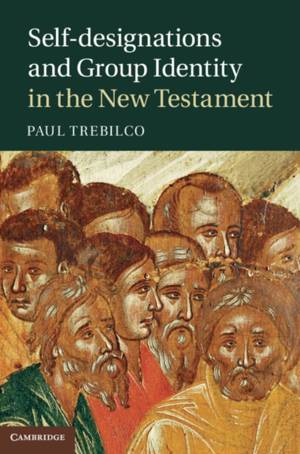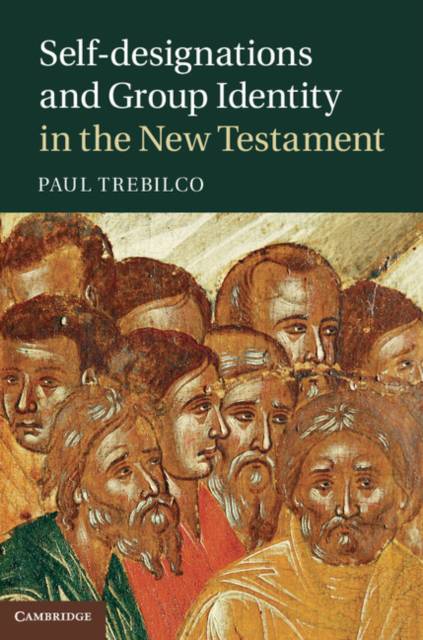
- Afhalen na 1 uur in een winkel met voorraad
- Gratis thuislevering in België vanaf € 30
- Ruim aanbod met 7 miljoen producten
- Afhalen na 1 uur in een winkel met voorraad
- Gratis thuislevering in België vanaf € 30
- Ruim aanbod met 7 miljoen producten
Zoeken
€ 194,95
+ 389 punten
Uitvoering
Omschrijving
What terms would early Christians have used to address one another? In the first book-length study on this topic, Paul Trebilco investigates the origin, use and function of seven key self-designations: 'brothers and sisters', 'believers', 'saints', 'the assembly', 'disciples', 'the Way', and 'Christian'. In doing so, he discovers what they reveal about the identity, self-understanding and character of the early Christian movement. This study sheds light on the theology of particular New Testament authors and on the relationship of early Christian authors and communities to the Old Testament and to the wider context of the Greco-Roman world. Trebilco's writing is informed by other work in the area of sociolinguistics on the development of self-designations and labels and provides a fascinating insight into this often neglected topic.
Specificaties
Betrokkenen
- Auteur(s):
- Uitgeverij:
Inhoud
- Aantal bladzijden:
- 392
- Taal:
- Engels
Eigenschappen
- Productcode (EAN):
- 9781107012998
- Verschijningsdatum:
- 23/01/2012
- Uitvoering:
- Hardcover
- Formaat:
- Ongenaaid / garenloos gebonden
- Afmetingen:
- 155 mm x 229 mm
- Gewicht:
- 748 g

Alleen bij Standaard Boekhandel
+ 389 punten op je klantenkaart van Standaard Boekhandel
Beoordelingen
We publiceren alleen reviews die voldoen aan de voorwaarden voor reviews. Bekijk onze voorwaarden voor reviews.











